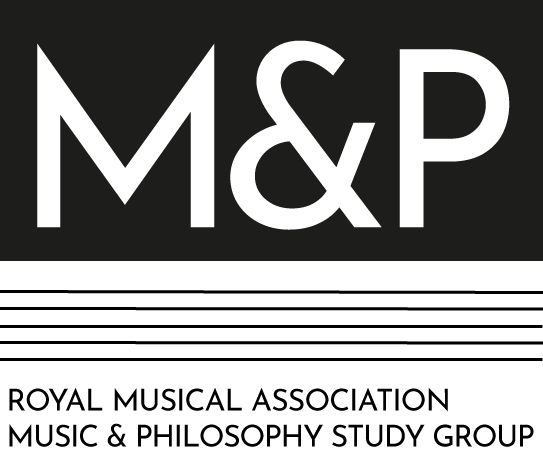The Journal of Sonic Studies (JSS) is a peer-reviewed, online, open access journal providing a platform for theorists and artists who would like to present relevant work regarding auditory cultures, to further our collective understanding of the impact and importance of sound for our cultures.
The second issue of JSS will have its focus on listening. According to Italian philosopher Gemma Corradi Fiumara, speech (logocentrism) is valued more than silence and listening in Western culture. Fiumara’s alternative hinges on the possibility of freeing our thinking from this logocentrism by giving back to Western thought the other half of language, namely, the rich openness of listening. Listening can be indispensable in the effort of seeking to establish a relationship between our world and another, polyphonic, world where different voices, with various resonances and intonations, can resound and reverberate.
Although hardly addressed in her book, music, sound art, and acoustic design can contribute a great deal to the human capacity to listen, to listen to subordinated or unheard voices and sounds, to listen differently to everyday sounds, to listen attentively, cautiously, and respectfully. This might even be one of the most significant contributions the sonic arts are able to make to our contemporary cultures.
Possible topics:
- The ear and/versus the eye. Is there a fundamental difference between a visual culture and a culture based on listening?
- The ethics of listening. Listening might be considered ethical in that it provides the other with an opportunity to speak. But listening can also be connected to obedience and disciplining.
- Deafness. What effect does deafness have on the way people relate to the (sonic) world?
- Feeling sound. Listening is not just a mental activity, but one that involves the entire body: the brain when dealing with ultrasounds, the stomach and guts when dealing with heavy bass sounds, and even the skin when dealing with high frequency crackling sounds.
- Listening-in-search and listening-in-readiness. (see Barry Truax’ Acoustic Communication.)
- Attentive listening (focal attention), deep listening, and diffused listening (global attention).
- How and why to listen to everyday sounds?
- Non-human listeners. How does listening affect the lives and behaviors of animals, even animals without (mammalian-like) ears?
- What tools do humans use to extend listening? How do we listen to the galaxy, the miner trapped underground, or the heartbeat of the embryo? If internet is a web, do we listen like cyberspiders?
- Inner hearing. The inner hearing of composers and/or hearing voices/sounds in one’s head.
- Listening in the digital age. Does this require new listening skills?
- Sonification. How do we listen to research data which are less accessible otherwise? Which information is used and which is discarded?
The editors of JSS welcome both scholarly and artistic research. In both cases, priority is given to those contributions which explicitly use the Internet as a medium, e.g. by inserting A/V materials, hyperlinks, and the use of non-conventional structures. We do expect all contributions to have a firm theoretical grounding.
Besides original contributions, the editors are also willing to publish creative reviews or rereadings of books dealing with the topic of listening. (E.g. Jean-Luc Nancy’s A l’écoute, Peter Szendy’s Ecoute: une histoire de nos oreilles, David Levin’s The Listening Self or Pauline Oliveros’ Deep Listening)
Deadline for submission: 15 December 2011
Contributions can be sent by email to one of the editors:
Marcel Cobussen M.A.Cobussen@umail.leidenuniv.nl
Vincent Meelberg v.meelberg@let.ru.nl



